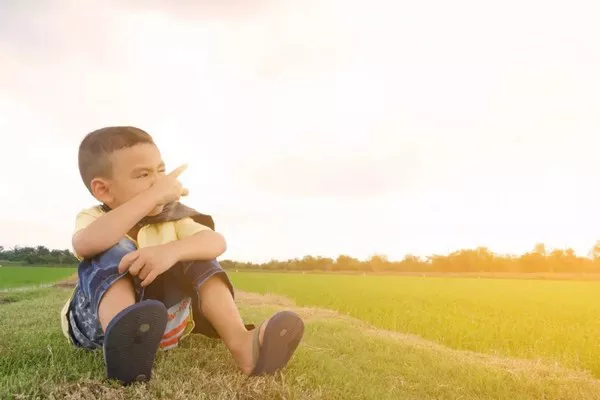Palestinian children in the Gaza Strip have endured a life marked by suffering, living under a partial Israeli blockade, poverty, and violence from birth. With the recent escalation of the Israeli offensive and a total blockade following rocket and ground attacks by Hamas fighters, their already challenging circumstances are poised to worsen.
The mental health of children in Gaza is profoundly affected by the relentless challenges they face. Dr. Iman Farajallah, a psychologist in the United States, and Dr. Mamoun Mobayed, a psychiatrist in Qatar, both have extensive experience researching and addressing childhood trauma. Al Jazeera spoke to them to shed light on the mental health effects of the Israeli war on Hamas and the daily struggles of living in the Gaza Strip.
The Impact of Living in Gaza on Children’s Mental Health:
Dr. Farajallah, who was born and raised in Gaza before relocating to California two decades ago, has firsthand experience of life under the Israeli occupation. She became a psychologist to help others facing trauma, drawing from her own experiences.
In her research paper published last year, Dr. Farajallah explored the impact of war on Palestinian children, revealing that children who survive wars do not emerge unscathed and often pay a high psychological, emotional, or behavioral price.
Her research discovered that 95 percent of children from the Gaza Strip exhibited symptoms of anxiety, depression, and trauma. They bear witness to the loss of family members, neighbors, and friends, which generates anger and frustration, leading to increased aggression and suffering from depression, anxiety, and continuous traumatic stress disorder.
Dr. Farajallah, who specializes in treating refugees and minority groups for trauma, returns to Gaza as often as possible and has witnessed how childhood trauma continues to affect children into their teenage years.
She recounted a recent encounter with two girls: a 14-year-old girl holding her four-year-old sister on her lap, who had lost their home and all their family members during an Israeli raid in 2014.
The older sister confided, “When I walk on the street, people always talk about when the next war is coming,” and then, pointing to her baby sister, asked, “How are we going to protect these children?” This, according to Dr. Farajallah, is the profound impact of war on Gaza.




























